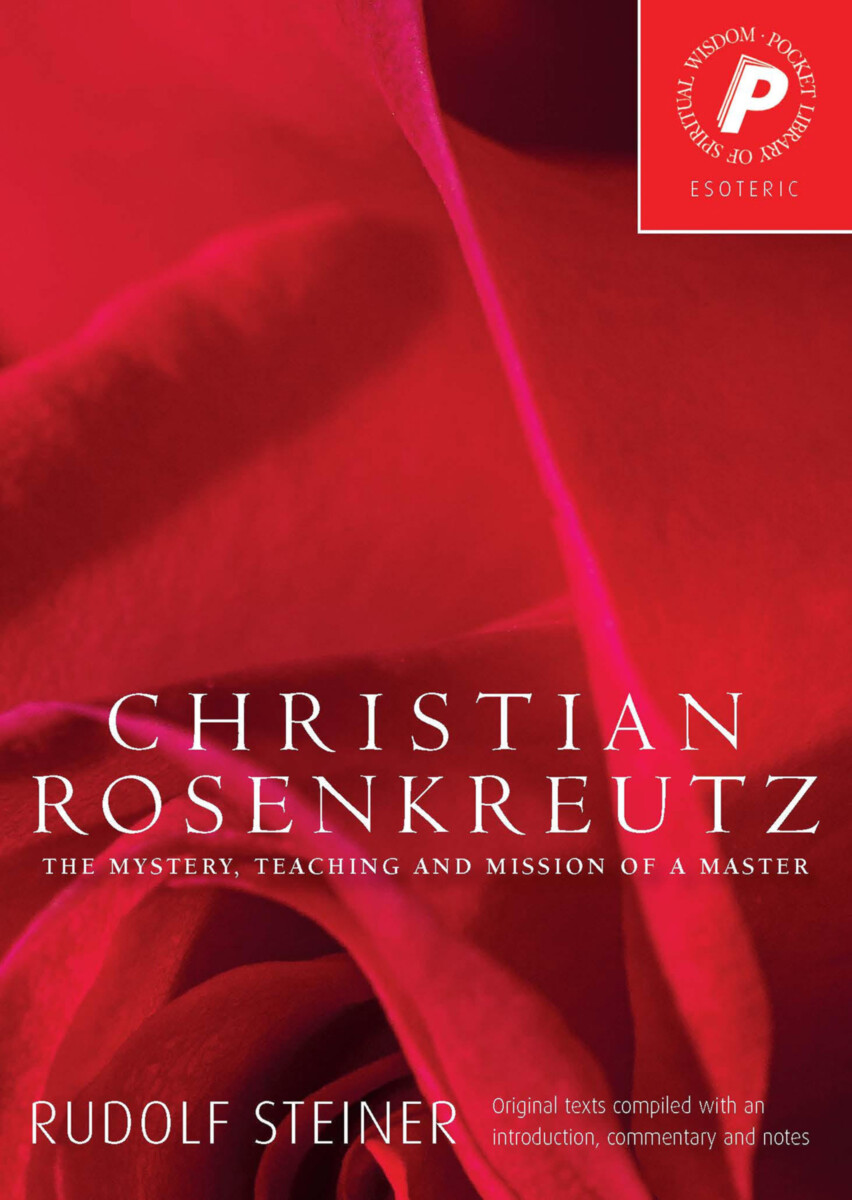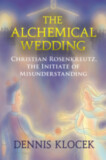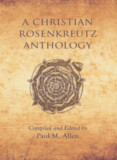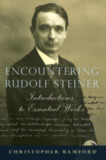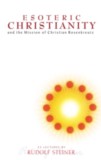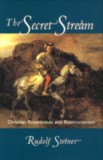Christian Rosenkreutz
The Mystery, Teaching, and Mission of a Master
- Publisher
Rudolf Steiner Press - Published
20th February 2002 - ISBN 9781855840843
- Language English
- Pages 88 pp.
- Size 4.72" x 6.7"
Through philosophical and scientific training, Rudolf Steiner brought systematic discipline to the field of spiritual research, with fully conscious methods and comprehensive results. A natural seer, he cultivated his spiritual vision to a high degree, enabling him to speak with authority on previously veiled mysteries.
Samples of his work are contained in this book, with edited excerpts from Steiner’s numerous talks and writings on Christian Rosenkreutz.
The Mystery of Christian Rosenkreutz; The Working of Christian Rosenkreutz Today and in the Past; Christian Rosenkreutz as the Guardian of Modern Knowledge; From Ancient to Modern in Rosicrucian Teachings; Christian Rosenkreutz at the “Chymical Wedding”; The Cosmic Mission of Christian Rosenkreutz; The Question of ‘Rosicrucian’ Literature.
C O N T E N T S:
Introduction by Andrew J. Welburn
1. The Mystery of Christian Rosenkreutz
2. The Working of Christian Rosenkreutz—Then and Today
3. Christian Rosenkreutz as the Guardian of Modern Knowledge
4. The Cosmic Mission of Christian Rosenkreutz
Appendix: The Question of “Rosicrucian” Literature
NotesSources
Suggested Further Reading
Note Regarding Rudolf Steiner’s Lectures
Rudolf Steiner
Rudolf Steiner (b. Rudolf Joseph Lorenz Steiner, 1861–1925) was born in the small village of Kraljevec, Austro-Hungarian Empire (now in Croatia), where he grew up. As a young man, he lived in Weimar and Berlin, where he became a well-published scientific, literary, and philosophical scholar, known especially for his work with Goethe’s scientific writings. At the beginning of the twentieth century, he began to develop his early philosophical principles into an approach to systematic research into psychological and spiritual phenomena. Formally beginning his spiritual teaching career under the auspices of the Theosophical Society, Steiner came to use the term Anthroposophy (and spiritual science) for his philosophy, spiritual research, and findings. The influence of Steiner’s multifaceted genius has led to innovative and holistic approaches in medicine, various therapies, philosophy, religious renewal, Waldorf education, education for special needs, threefold economics, biodynamic agriculture, Goethean science, architecture, and the arts of drama, speech, and eurythmy. In 1924, Rudolf Steiner founded the General Anthroposophical Society, which today has branches throughout the world. He died in Dornach, Switzerland.


